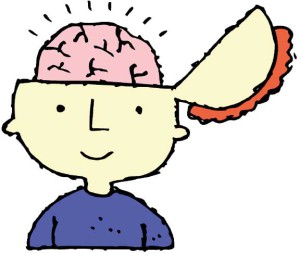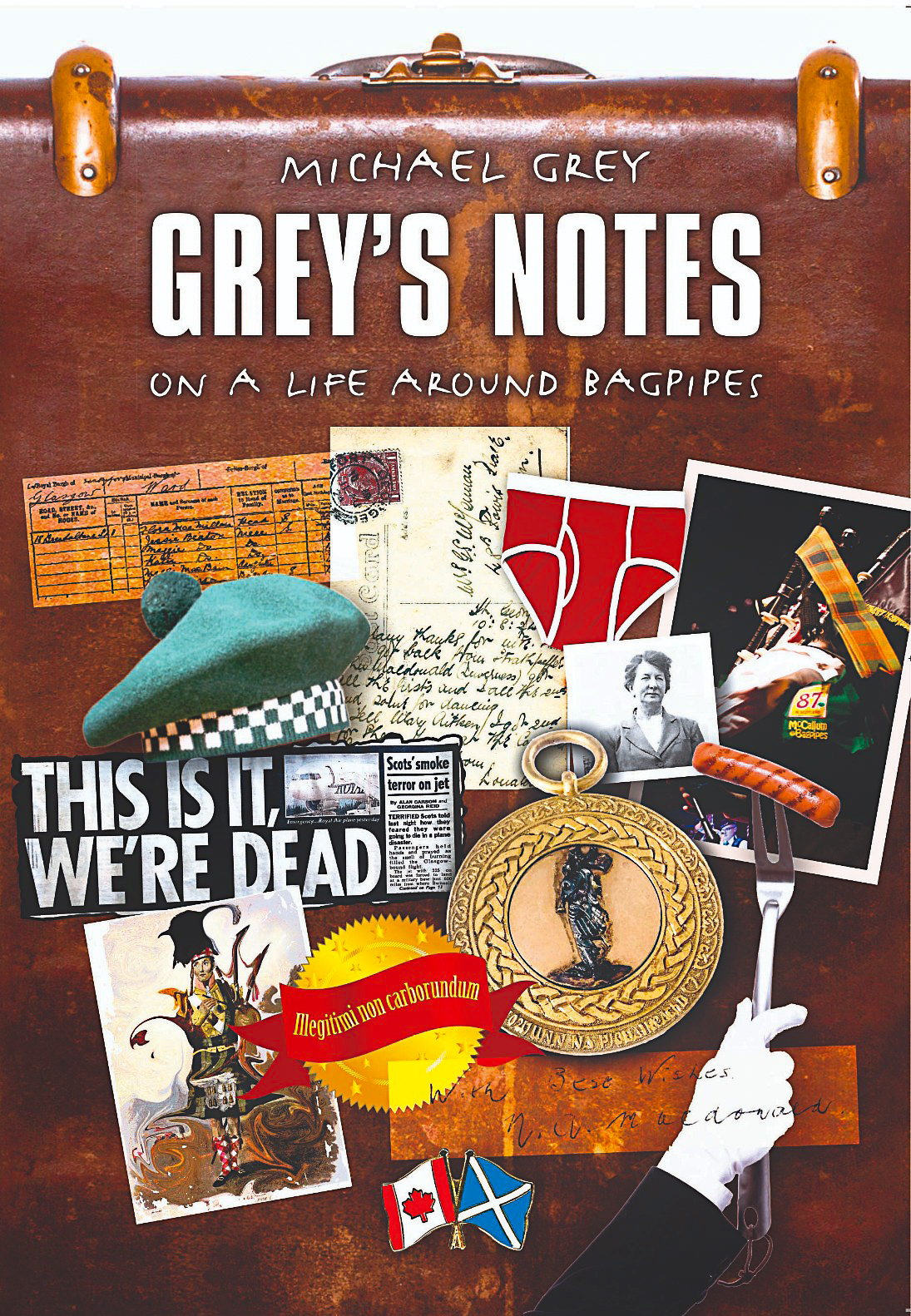The Gift that Keeps on Giving
December 22, 2015 on 8:01 am by Michael Grey | In News | Comments Off on The Gift that Keeps on GivingThese days we hear more and more about “ground-breaking” studies trumpeting the health benefits of one thing or another. News in tandem equally pronounces the many things that are seemingly bad for us. One day it’s a daily glass or two of wine that will add years to a body, the next your favourite Vino Collapso is marked as toxic organ-hardening poison. It’s all, in part, I’d wager, thanks to the wave of ageing “baby boomers” washing over the Western world. Perhaps more than others before it, the post-war generation wants to live forever — or, at the very least, not get old. There’s a trick.
Surely one of the great human paradoxes is our general aspiration to live a long life without that unappealing “old age thing” getting in the way.
As we all know, the steady, sure hand of age touches both body and mind. And the business of keeping people with sound mind is a huge one: online “brain training”, games, mental challenges and exercises are everywhere. This week came another study extolling the benefits of bilingualism. Studies have shown time and again that compared to those who can only speak their native tongue, a second language significantly delays the onset of many brain related ailments such as Alzheimer’s and dementia. C’est bon à savoir.
But it is music that seems to overtake every known antidote to aging when it comes to both medicine and New Age quackery. Music, after silence, that which comes nearest to expressing the inexpressible (Aldous Huxley) and music, the shorthand of emotion (Leo Tolstoy). Forget the glass of wine. Wait. That’s crazy talk, rather, forget those kale smoothies and Italian 101 night courses, take in music. Learn an instrument, memorise a tune, practice — play your heart out. That’s the golden age ticket.

It’s been known for well over a century that musicians’ brains are different. For instance, German surgeon, Sigmund Auerbach, found in his 1911 study that the brains of musicians showed elements of physical variants when compared tonon-musicians (we’d all like to think bigger here — but I don’t know). Recent research (Chinese University of Hong Kong) using Magnetic Resonance Imaging and Positron Emission Tomography technology found physical connections to known cognitive benefits of music — especially in the playing of a musical instrument.
Playing an instrument was described as “a full brain workout”. Cognitive benefits of playing an instrument were found to be many: overall memory improvement with specific improvement of verbal memory and overall memory retrieval. The study found that children with as little as one year of musical training were able to remember 20% more words in their vocabulary. And for any piper with a little time for an intro to Italian course, research found musicians who learned their instrument young could learn new languages more quickly. Molto bene!
It’s clear music is the gift that just keeps giving. Thank you smart science people for the confirmation.
Which brings me to the superior musicians’ brain. So glad to think I have one. And if you’re reading this, you likely occupy the same neurofantastic world as me. What are we like! But. And there’s always one of those, isn’t there? A “but” to rain on the parade. A “but” to suck the good out of any time. I have this nagging doubt.
If my brain is “neurofantastic”, why do I sometimes get nervous when I make music? Why is it thoughts of apprehension and self-questioning occasionally and uncontrollably land in the middle of a good-going tune? Why do great musicians do stupid things? Like Pete Townshend and Kurt Kobain (when he was alive) who would regularly destroy their guitars on stage? In fact, why do I have nagging doubt? Why?
Click here for the full magazine article
No Comments yet
Sorry, the comment form is closed at this time.
Dunaber is using WordPress customized and designed by Yoann Le Goff from A Eneb Productions.
 Entries and comments
feeds.
Valid XHTML and CSS.
Entries and comments
feeds.
Valid XHTML and CSS.


